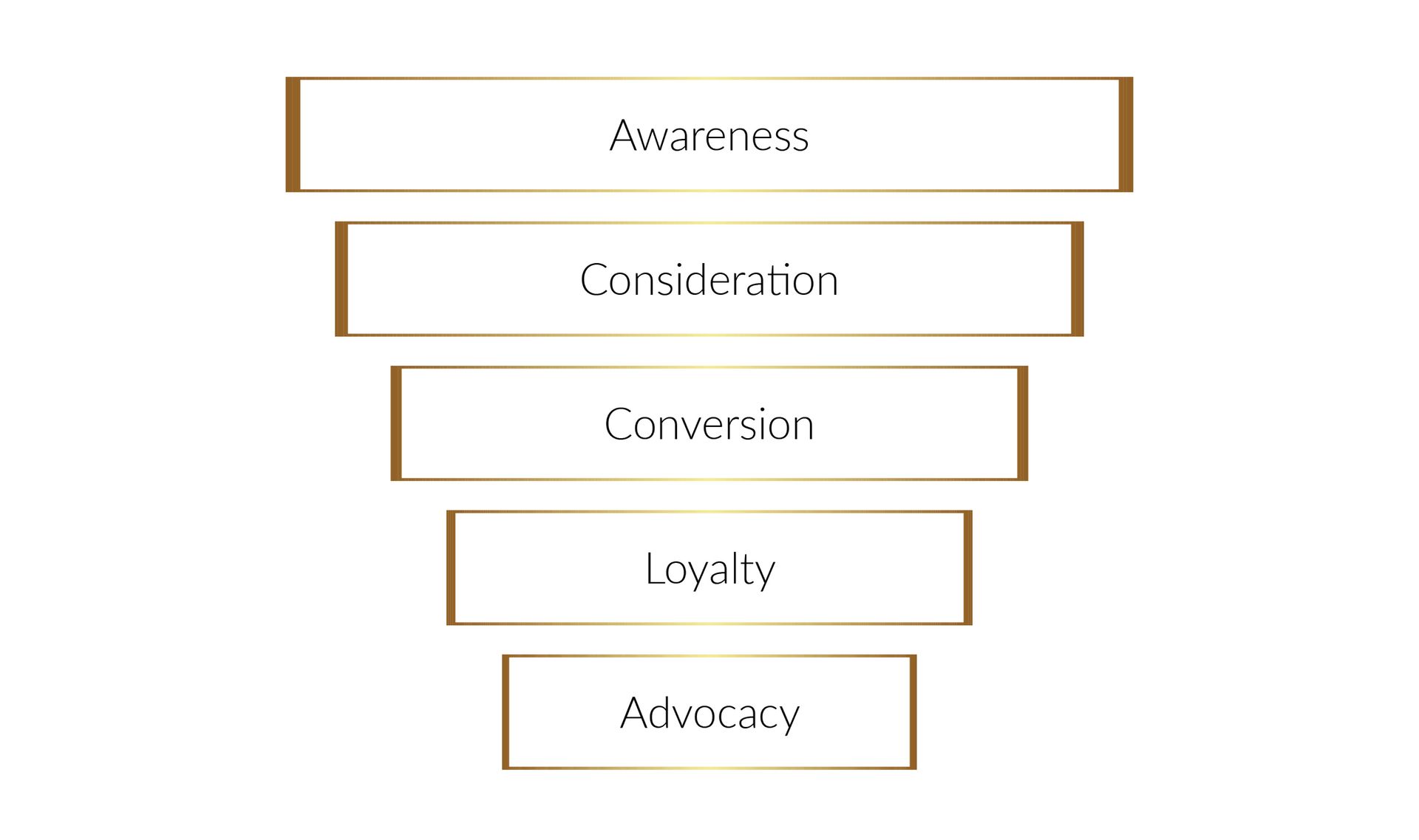Living Paycheck to Paycheck: A Wake-Up Call for HR
Transforming Financial Stress into Financial Wellness: The Critical Role of HR in Supporting Employees

The Current Scenario
In the face of economic uncertainties and challenging personal finance landscapes, 61% of Americans report living paycheck to paycheck, according to a news article published by CNBC on July 31, 2023 in "61% of Americans say they are living paycheck to paycheck even as inflation cools" by Jessica Dickler. This is a surprising statistic considering recent signs of cooling inflation, with the consumer price index increasing only 3% from a year ago - the lowest level since March 2021. However, even as we see an easing in inflationary pressures, financial stress remains high among U.S. adults.
An alarming aspect of this situation is that it's not confined to lower-income brackets. The LendingClub report mentioned in the CNBC article states that even among those earning $100,000 or more, 45% reported living paycheck to paycheck. This stark reality impacts our workforce in significant ways, reflecting on their performance, job satisfaction, and, ultimately, the overall business outcomes.
What does this mean for Human Resource (HR) professionals and the roles they play in organizations? How can HR help employees navigate these financial challenges and create a more secure, supportive work environment? This blog aims to explore these questions and provide insights into the essential role HR can play in mitigating the financial stress of employees. Let's delve into the impact this situation has on the workplace and the unique strategies HR can implement to help.
The Impact on the Workplace
The personal financial strain of employees doesn't exist in isolation. It permeates into the workplace, influencing not just their personal lives but also their job performance, productivity, and overall workplace satisfaction. Financial stress can lead to increased absenteeism, lower productivity, and higher turnover rates, affecting the overall health of the organization.
The CNBC article states that a significant 52% of adults, including high earners, reported feeling more financially stressed since the pandemic started in 2020. This increased financial anxiety can negatively impact mental health, further affecting job performance and satisfaction. It's clear that an employee's financial health is intrinsically linked to their overall well-being and work output.
Moreover, when employees live paycheck to paycheck, they may find it challenging to participate in beneficial programs such as retirement savings, which often requires regular contributions from paychecks. This not only affects the financial futures of these employees but can also create challenges for the HR department in maintaining competitive benefits packages.
In this context, HR professionals must recognize and address these issues. The current financial stress employees face presents HR with a chance to step in, provide much-needed support, and make a meaningful difference in the lives of the employees and the overall performance of the organization.
The Role of HR Professionals
The financial struggles faced by workers, despite cooling inflationary pressures, underscores the vital role of Human Resource professionals in organizations. HR is not just about recruitment, benefits, and compliance; it is about understanding and addressing the needs of employees to create a conducive, supportive, and engaging work environment.
In the context of the financial challenges highlighted by the CNBC article, HR professionals must acknowledge the impact of these pressures on their workforce. They have a unique opportunity to act as advocates for employees, fostering open conversations about pay, promoting transparency in wage structures, and developing strategies that help employees better manage their financial stress.
HR professionals can help alleviate financial stress by fostering a work environment that empowers employees. This can be done through several mechanisms:
1. Financial Education: Equip employees with the tools to manage their personal finance effectively. Offering workshops on budgeting, savings, debt management, and investment can lead to greater financial confidence.
2. Transparent Pay Structures: Promoting transparency around pay structures can dispel potential misconceptions, reducing anxieties related to income and job security.
3. Resources and Support: Providing resources for mental health and financial management can also aid in reducing financial stress.
4. Benefits that Matter: Designing benefits that directly help improve employees' financial wellbeing is another potent strategy. For instance, student loan assistance programs, discount programs, or childcare support can go a long way in easing financial burdens.
By effectively addressing the financial concerns of their employees, HR professionals not only contribute to improving the financial wellbeing of their workforce, but they also enhance job satisfaction, employee engagement, and overall company performance.
HR Strategies to Support Employees Living Paycheck to Paycheck
Addressing the financial stress of employees living paycheck to paycheck demands a comprehensive, empathetic, and strategic approach from HR professionals. Here are several strategies that HR can implement:
1. Financial Wellness Programs:
Educational seminars or workshops about budgeting, saving, debt management, and retirement planning can be beneficial. Helping employees understand their finances can empower them to take control of their financial situation, alleviating stress and promoting productivity at work.
2. Mental Health Resources:
As the CNBC article points out, financial stress contributes to overall stress and mental health issues. Offering Employee Assistance Programs (EAPs) that provide counseling and resources to help manage stress can have a significant positive impact. The mental health component of financial stress shouldn't be overlooked.
3. Pay Transparency:
Creating an environment of openness about wages and salaries can help dispel potential misconceptions and ease tensions. By providing clear paths for career and wage progression, HR can help employees see a way forward.
4. Benefits Tailored to Financial Well-being:
Companies can consider offering benefits that directly help improve employees' financial situations. These can include student loan repayment assistance, discount programs, childcare support, or flexible work arrangements to save on commuting costs. Understanding your employees' specific financial challenges and tailoring benefits to address these can go a long way in easing financial stress.
5. Advocate for Fair Pay:
HR professionals can also play an essential role in advocating for fair pay within organizations. Ensuring employees feel valued and fairly compensated for their work can contribute significantly to reducing financial stress.
By implementing these strategies, HR departments can transform the current economic challenges into opportunities for improving employee well-being and engagement, contributing to a more vibrant and productive workplace.
Conclusion – HR's Responsibility to Address Financial Stress in the Workplace
As we've seen, living paycheck to paycheck is a reality for a significant percentage of the American workforce, as reported in the July 31, 2023 CNBC article. The situation, however, is not a hopeless one. It presents an opportunity for HR professionals to step up and offer meaningful support to employees, demonstrating the profound impact that HR can have on individuals' lives and the overall health of an organization.
In an economy where financial stress is a common concern, the role of HR extends beyond traditional functions. HR can help transform workplaces into spaces where employees feel financially secure, heard, and supported. By implementing financial wellness programs, fostering pay transparency, offering mental health resources, tailoring benefits to financial well-being, and advocating for fair pay, HR departments can directly contribute to improving employee well-being and engagement.
In conclusion, the financial stress faced by employees living paycheck to paycheck should not be overlooked or underestimated. It is a pressing concern that affects not just individuals, but the overall performance of organizations. It is time for HR professionals to tackle this issue head-on, to not only help employees survive but to thrive. Remember, happy and financially secure employees form the cornerstone of a successful company. As HR professionals, our role is to ensure that our organizations are places where employees don't merely survive but thrive.




